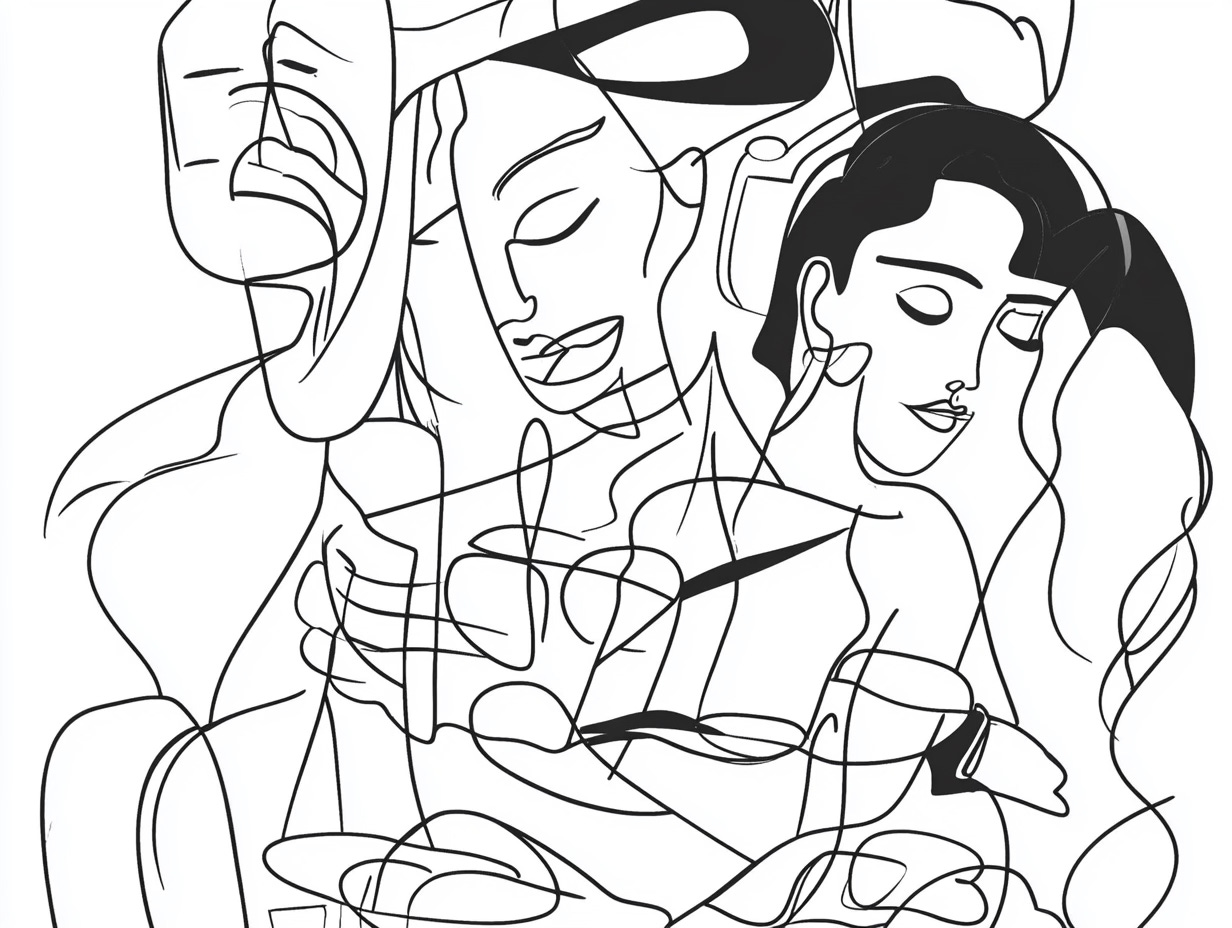Setting your own standards
instead of passively adopting them from individual people or collectives
I recently realized that a major source of dissatisfaction in my life was coming from passively adopting others’ standards as my own.
It’s something I learned to do as a child. It served me so well in my youth! Learned your times table by heart? Good job, you have a bright future! Won first place in the kindergarten race? Amazing, we have a champion in the house! No matter that I couldn’t actually conceive of what a bright future would entail, or what it meant to be a champion. Those were standards I didn’t understand — standards I didn’t need to understand — to be congratulated and rewarded for meeting them.
As I grew older, I began to better understand some of the standards I was being presented with, and what I needed to do to meet them. In order to get into a ‘good college’, you need at least a 2100 on the SAT. To graduate magna cum laude, you need to be in the upper 20% of your class. To live in X city, you need to make at least Y dollars.
And sometimes, the standards were there, but the specifics were not. To get a design internship, you need a kick-ass portfolio. What constitutes a kick-ass portfolio? To get hired, you need to do really well on your internship. What does it mean to ‘do really well’ on your internship? To find a partner, you need to put yourself out there. Put…what?
I got various opinions on what the specifics might be, but they were often vague, subjective, and most importantly, not mine. This whole deal got even more complex when I moved into new situations where the standards themselves were not immediately evident. Someone seems cold, distant, or mad at me…why? What’s the standard they have that I’m not meeting? I’m feeling like an outsider in this new organization, group, or other collective…what’s happening? Do they normally do something that I’m not doing, or act a certain way that I’m not acting?
Nowhere along this journey did I question that I had to meet these standards, or where they came from. I fell into a learned, automatic pattern of behavior: identify a standard (if hidden), come to terms with what might constitute success (if not immediately evident), and work to meet that standard. If I met the standard, I’d feel a rush of dopamine and a congratulatory sense of improved self-worth. If I didn’t, I’d feel a crushing sense of despair and a pressing need to figure out the next course of action that would unlock the standard for future me. And either way, over time, I’d eventually settle in to a vague feeling of discontent or generalized malaise.
I don’t think I’m alone in this. We live in a world where we are inundated with others’ standards. We are constantly bombarded with messaging on what the best skincare routine is, the most efficient way to implement AI in your organization, or how to project more confidence. As you scroll any platform of choice, you encounter an implied sense of the ideal self — the one that lives most effectively, efficiently, and at its highest peak.
In the midst of this conversation, it’s rare to pause and question — why efficiency? Effective…by whose measure? Is the best skincare routine to keep your skin healthy or to look younger? Either way, why is that important to you? Is it?
The internet is full of advice, suggestions, and drivel on how to set high standards. But more important for me, has been to start to question what constitutes a ‘high’ standard. As I’ve started to peel this onion, I’ve realized that some of my standards come from individual people, some come from collectives, and some I have subconsciously set for myself. In this last category, several are vague, hard to define, and subjective — they are more of a feeling than a thing I can write down and objectively assess my world against.
But even in turning on the light to see what’s going on in my standards room, I’m starting to feel a shift. Rejecting the premise that a standard lives in a one-dimensional vertical space (it’s always talked about as either high or low!) has been like zooming out of a square meter of life to find an entire galaxy of possibilities. Starting to move my world to meet my own standards instead of the ones I’ve passively adopted is opening up clarity, energy, and a deeper drive that comes with a sense of well-being instead of stress and anxiety. I’m so excited to see what happens next.



Excellent post. I could relate to my life as well. Very well articulated